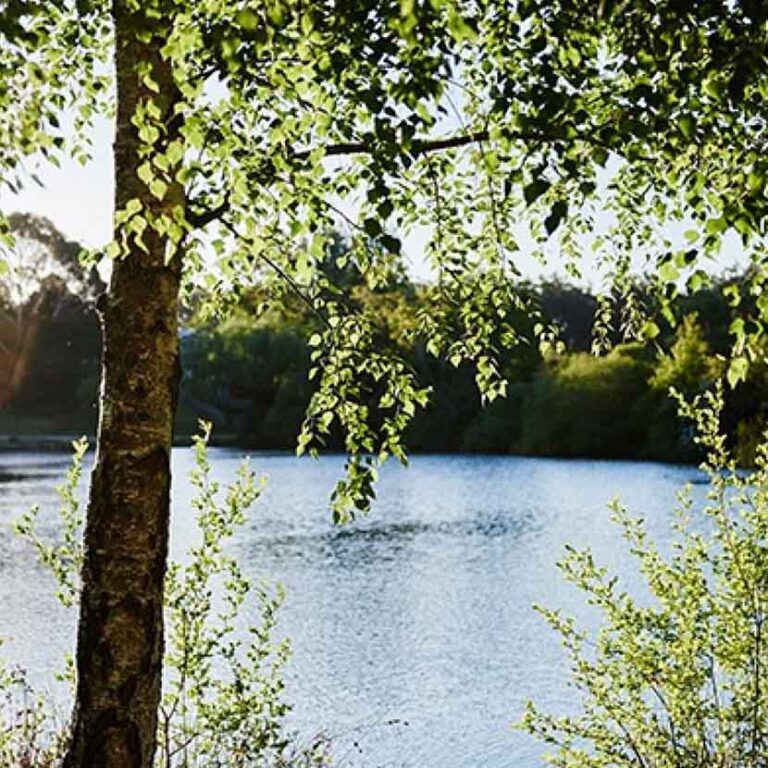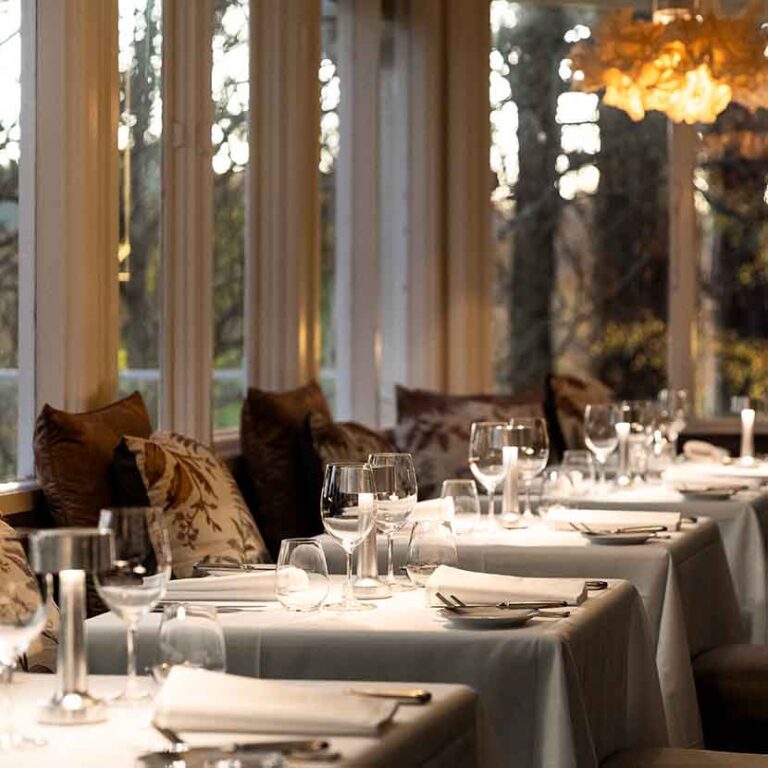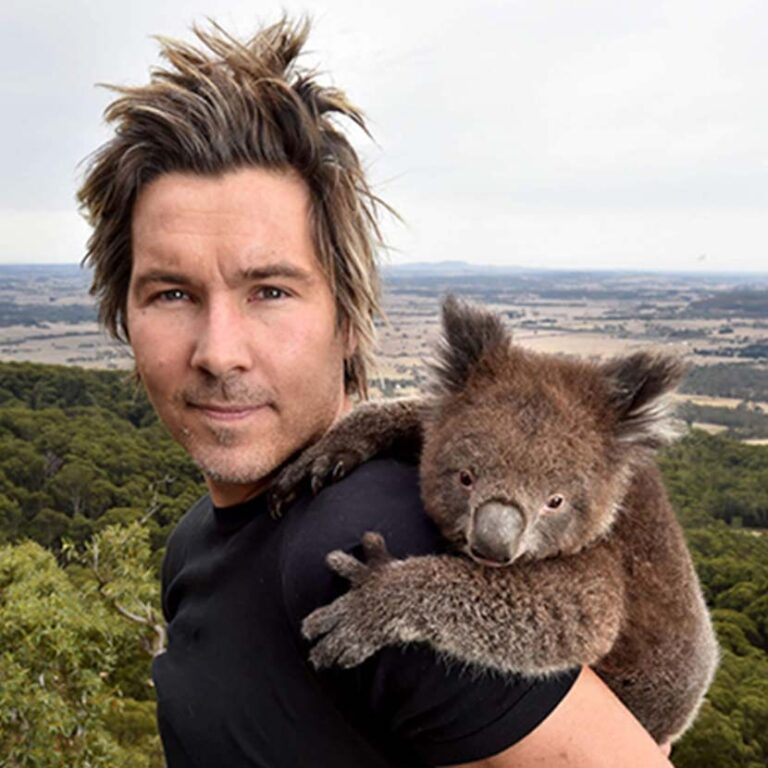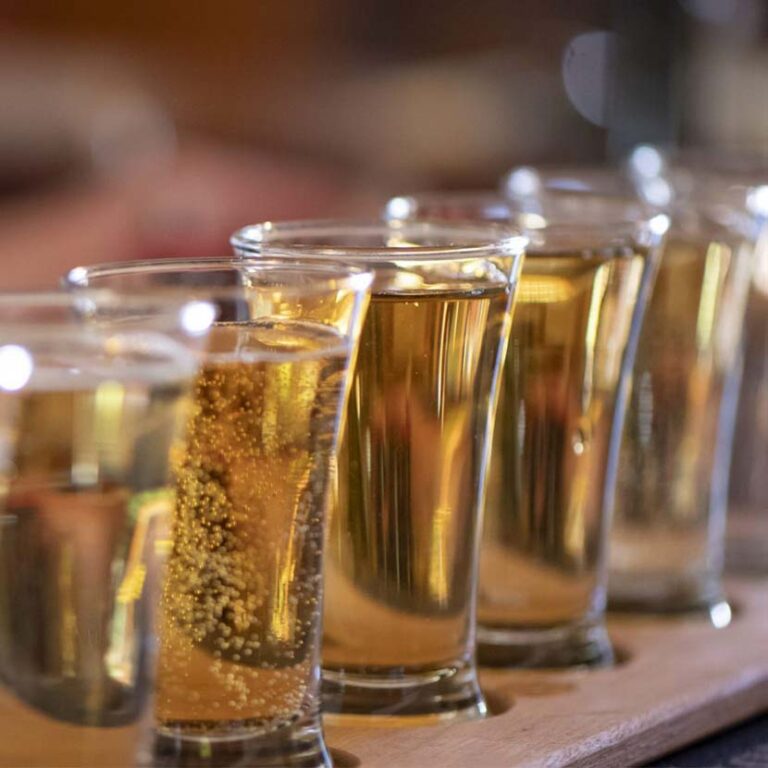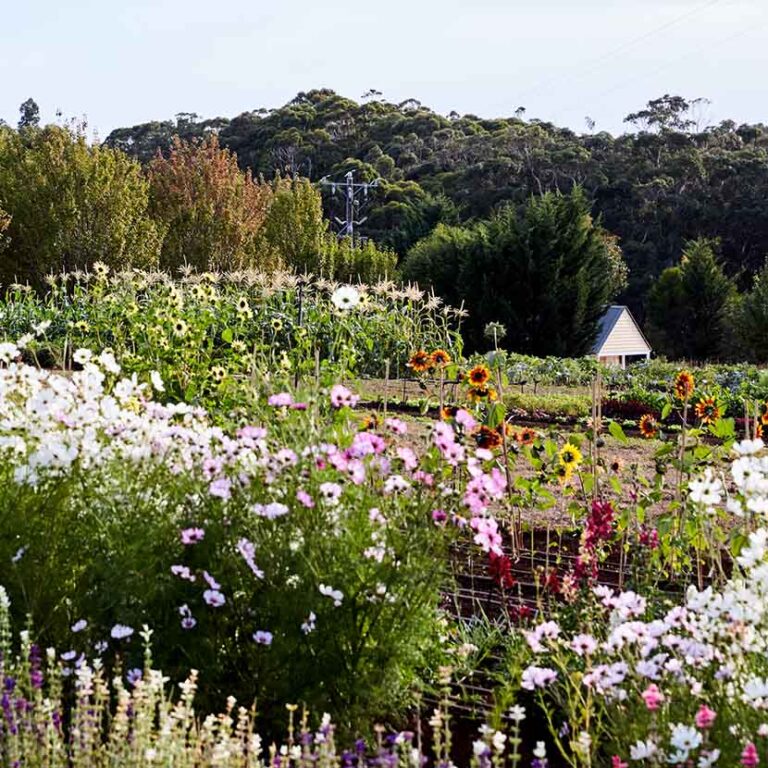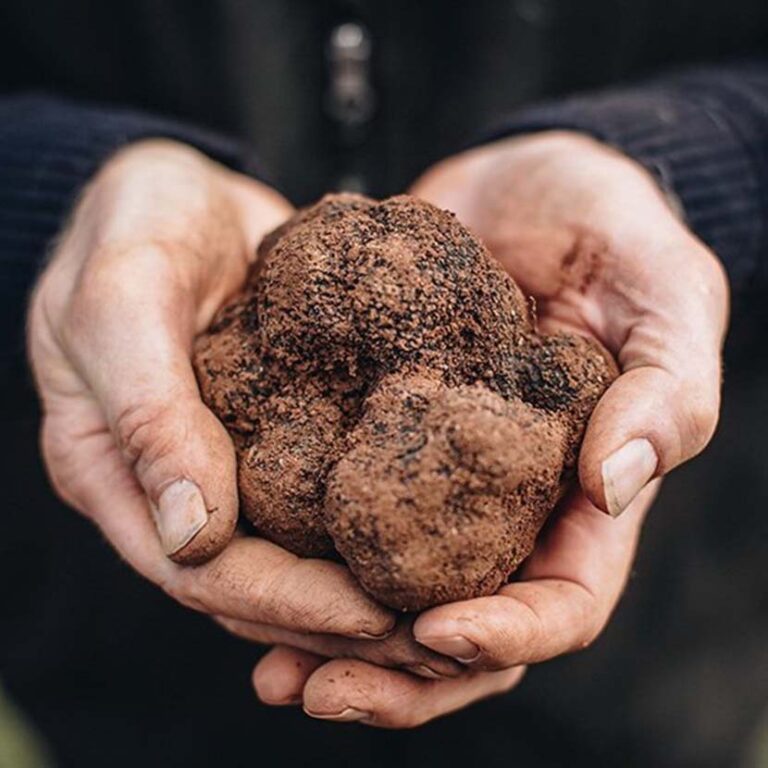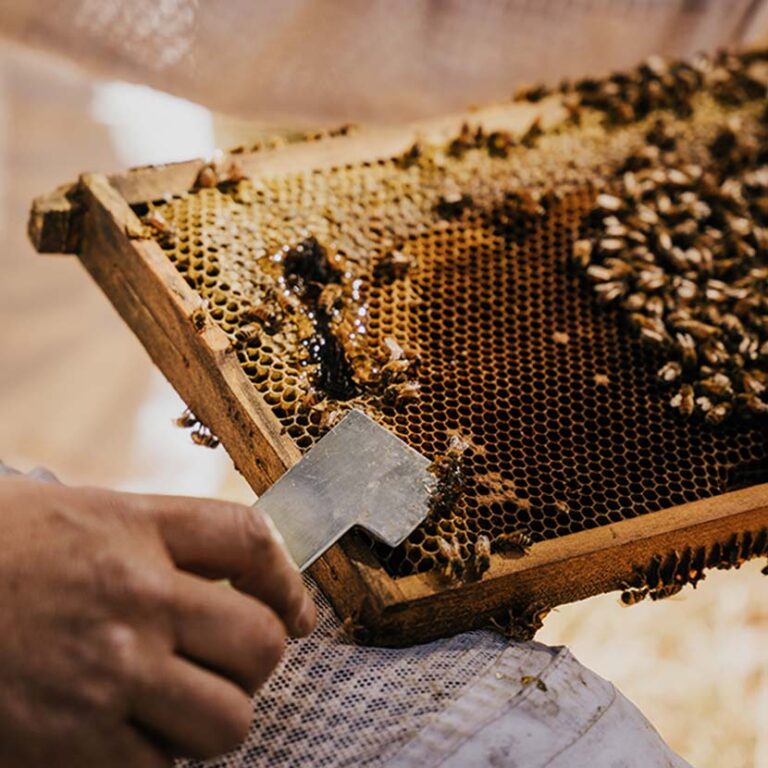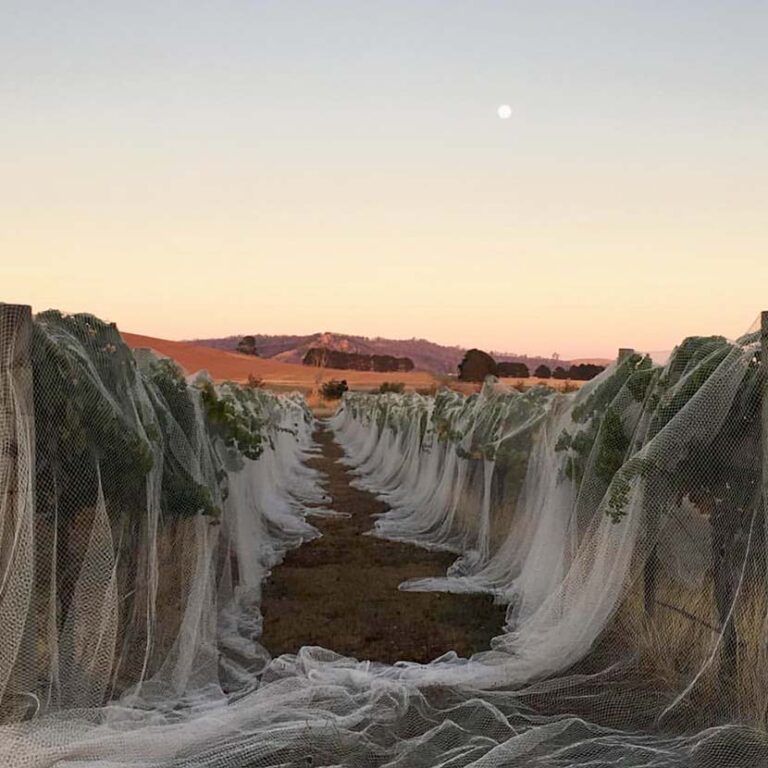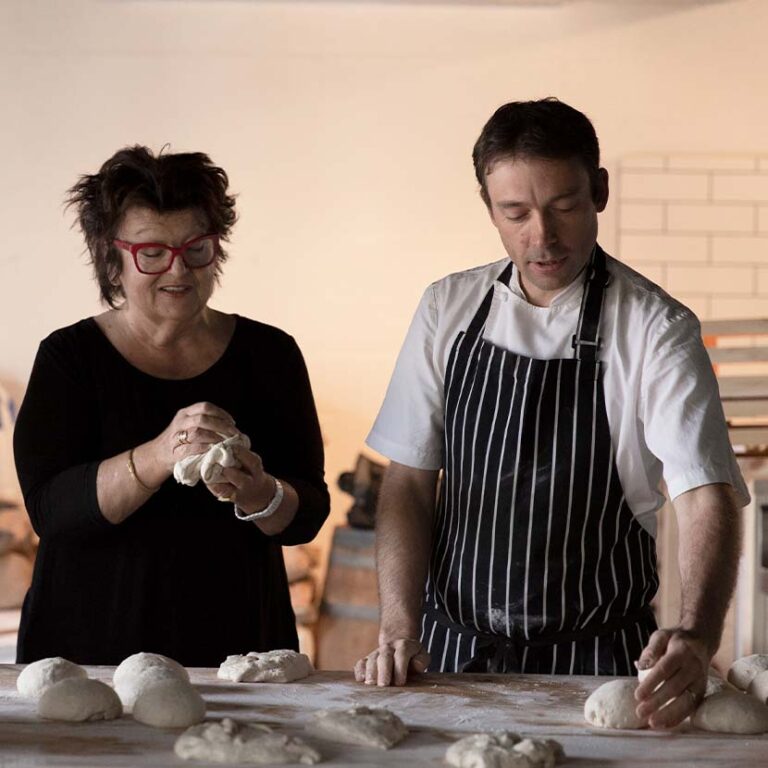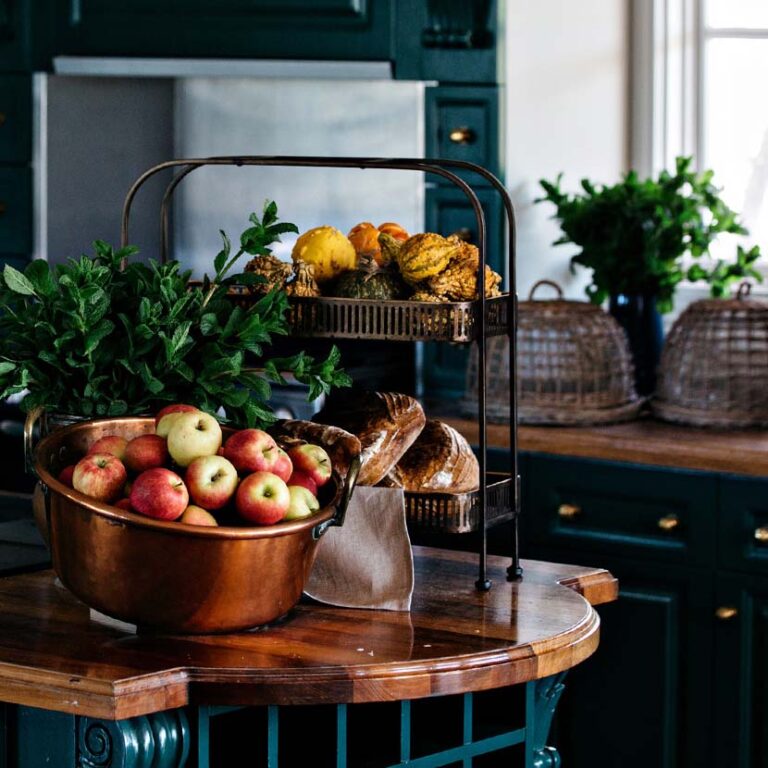Lake House & Dairy Flat Lodge
People & Purpose
Underlying everything at Lake House is the philosophy that a regional destination restaurant cannot exist in isolation from its region. Lake House’s cuisine and experiences celebrate the beauty of the local people, produce, place and seasons. View case study
“Our community has grown around us and is now deeply engaged with the local food culture and production. We continue to develop this – we’re minimising food miles, and the money stays in the community.”
Alla Wolf-Tasker AM
Over four decades, this formidable team led by the Wolf-Tasker family has built and established Lake House as one of Australia’s finest restaurants, regional hotels and leaders in hospitality.
In 1981, when Alla and Allan Wolf-Tasker set out to create a destination restaurant near the country town of Daylesford, Victoria, the Lake House property was a run-down farm – overgrown with weeds, the lake was more of a swamp than a lake – and Daylesford was an economically depressed regional town with an unemployment rate of 20 per cent. Alla’s vision was to create a destination dining experience in the style of French country restaurants, where the menu was sourced from the garden or local suppliers who worked in tandem with the hospitality industry. At the time, this idea was – literally and figuratively – completely foreign in Australia.
Alla Wolf-Tasker AM has worked tirelessly to foster a local food culture focused on holistic organic, sustainable and regenerative farming practices, mentoring numerous chefs, supporting local producers and fellow restaurateurs.
“The Dairy Flat regenerative farm has enabled us to ‘close the sustainability loop’; the fresh produce supplies and defines the Lake House seasonal menu, our olives are pressed to make our house olive oil and we have our own bee hives for honey and pollination.”
Alla Wolf-Tasker AM
In 2017 the Wolf-Taskers purchased nearby Dairy Flat Farm, a 38-acre degraded farm that they have transformed into a regenerative growing facility following organic practices.
Today, the farm has flourishing flower and vegetable gardens; 300 fruit trees; 200 olive trees; a glasshouse, a bakehouse dedicated to slow fermented sourdough; and a vineyard. In addition, the farm is a ‘laboratory’ for experimenting with unusual varieties. Improving soil quality is a mission on the farm; food scraps are composted and layers of cardboard are recycled over the garden beds to increase the soil level and support its microbiome.
Alla Wolf-Tasker AM has also championed seasonal, local, sustainable food production at all levels of the community, from school programs (such as the Daylesford Primary School Kitchen Garden project) to the halls of government, where she has campaigned vigorously for legislation around food and its production. Her Good Food Matters Regional Producers Scholarship provides $5000 for a small producer to boost their skills through travel or training.
Lake House and Dairy Flat Farm have been instrumental in putting the Daylesford region on the map as one of Australia’s most exciting and innovative food destinations, providing inspiration and encouragement to this thriving regional food bowl.
OUR LITTLE WHITE BOOK
The Luxury Lodges of Australia brochure has become a treasured and widely recognisable ‘go to’ for Australian experiential luxury, enjoyed both online and in printed form at our lodges. The brochure is available to view or download in eight languages below.






